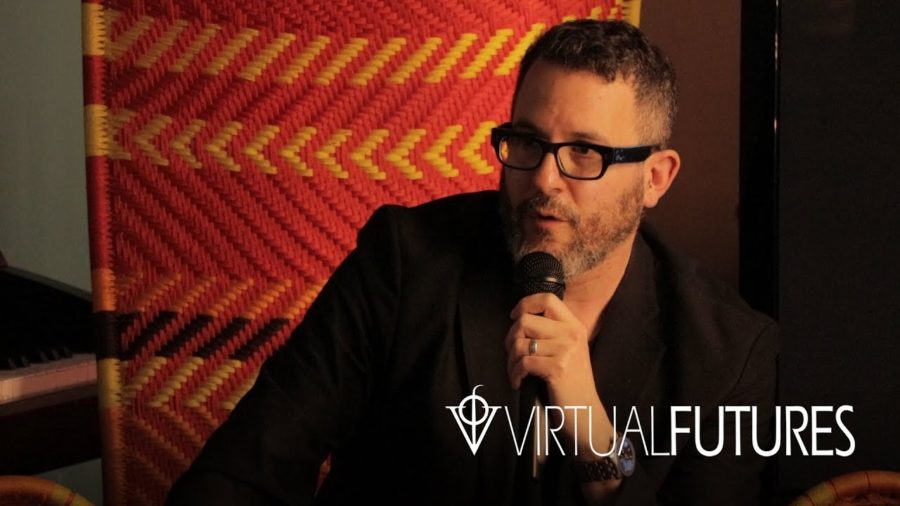I am profoundly envious of people who get to write about settled domains or sort of settled states of affairs in human events. For me, I was dealing with a set of technologies which are either recently emerged or still in the process of emerging. And so it was a continual Red Queen’s race to keep up with these things as they announce themselves to us and try and wrap my head around them, understand what it was that they were proposing, understand what their effects were when deployed in the world.
Archive
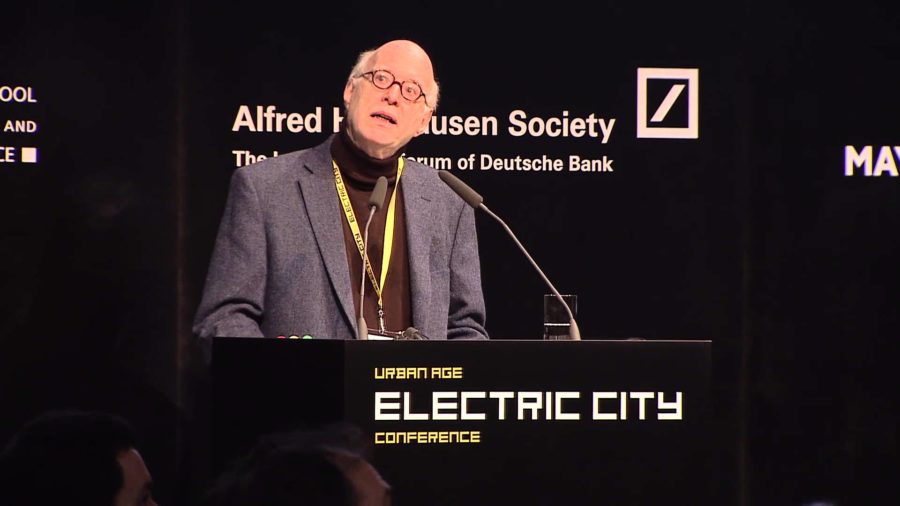
What I’m worried about is that with the technological tools that we have today, as in the past, our first use of them is the least inventive that we can make. And the issue is how urbanists can actually use these new tools well rather than use them in a way which is harmful.
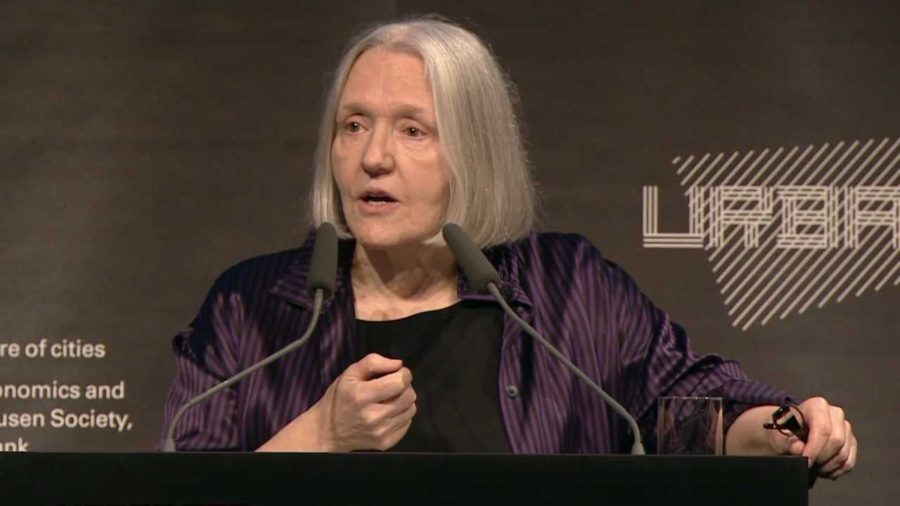
Cities have become sites, places, for massive deployments of increasingly complex and all-encompassing technical systems, some of them good, some of them dubious.
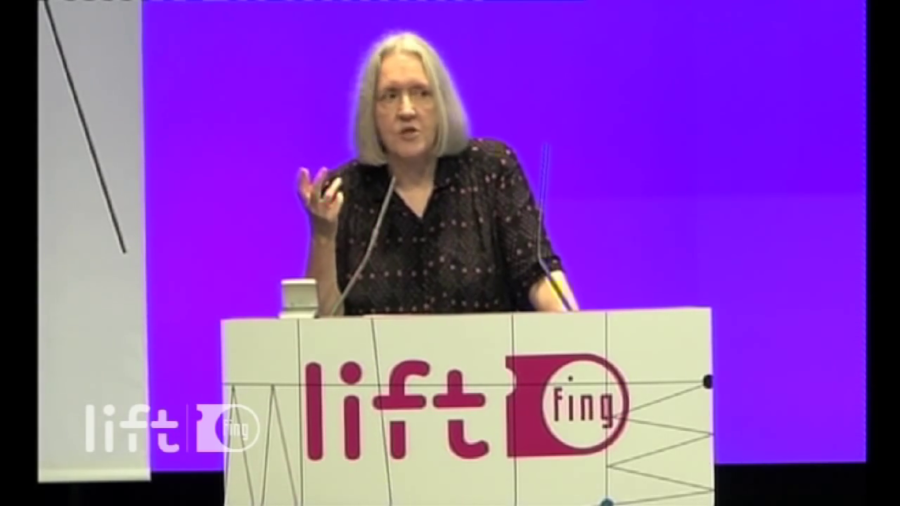
For me, the notion of urbanizing technology really is part of a larger sort of effort that I’ve been working on for a very long time. … [T]echnologies that enable interactive domains deliver, give, their technical capacities through ecologies that are more than just the technical capacity itself.
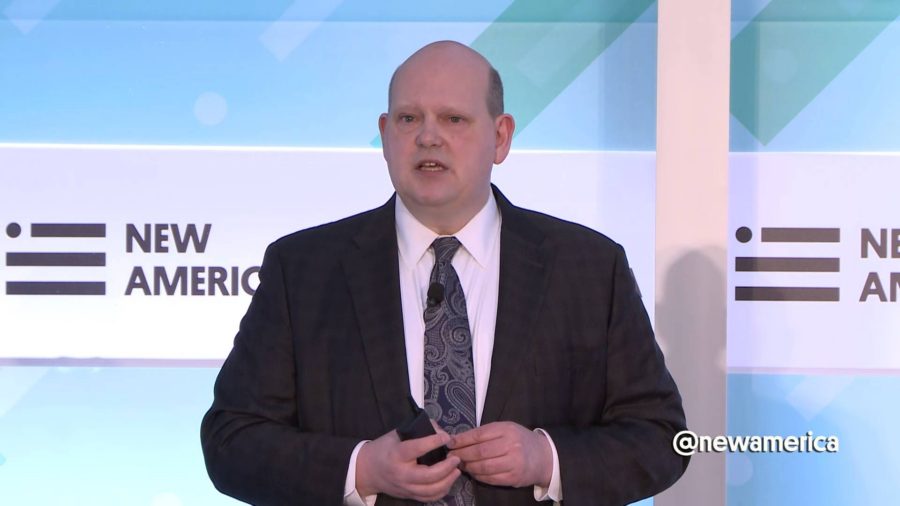
Sure, cyberspace is about people and data. But it is also about applications. And devices. And the indirect and non-obvious relationships between all of this. It creates a very complicated and exciting ecosystem. One that is capable of dramatic innovation, and dramatic exploitation.

